Creativity in science could be described as the act of putting two and two together to make five
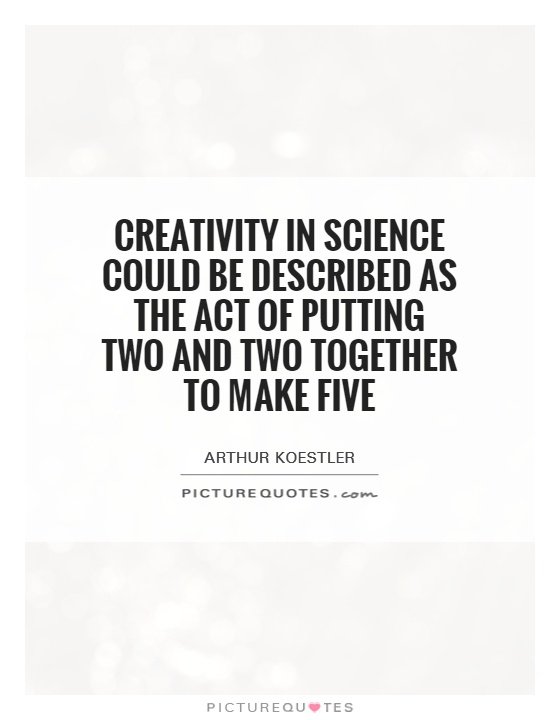
Creativity in science could be described as the act of putting two and two together to make five
Arthur Koestler, a Hungarian-British author and journalist, was a firm believer in the power of creativity in science. He famously stated that “creativity in science could be described as the act of putting two and two together to make five.” This quote encapsulates Koestler’s belief that true innovation and breakthroughs in science often come from thinking outside the box and making unexpected connections.Koestler’s own life and work exemplified this idea of creativity in science. He was a polymath who dabbled in various fields, including psychology, politics, and literature. His most famous work, “The Act of Creation,” delves into the creative process and how it applies to various disciplines, including science. Koestler argued that creativity is not a linear process but rather a complex interplay of different ideas and concepts coming together in unexpected ways.
In the context of science, Koestler’s quote suggests that true innovation often comes from making connections that may seem illogical or unconventional at first glance. It is about breaking free from traditional modes of thinking and exploring new possibilities. This kind of creativity is what leads to paradigm shifts and groundbreaking discoveries in science.
One example of this kind of creativity in science is the discovery of penicillin by Alexander Fleming. Fleming’s breakthrough came from a seemingly random observation of mold growing on a petri dish. Instead of dismissing it as a contamination, he made the connection that the mold was killing the bacteria around it. This led to the development of the first antibiotic, revolutionizing medicine and saving countless lives.

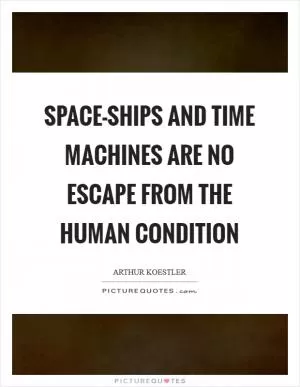
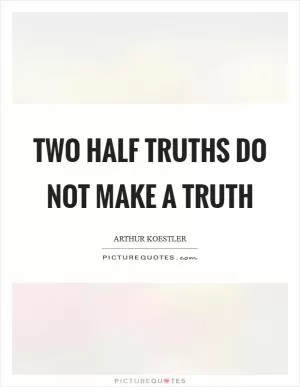

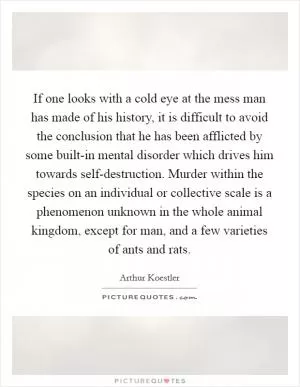
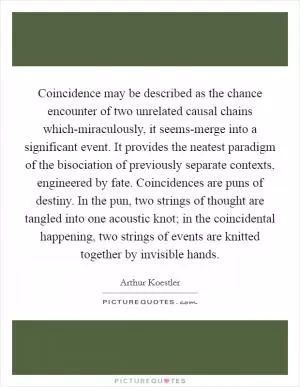
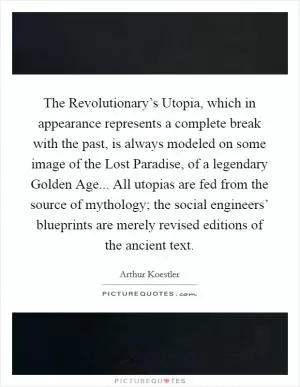
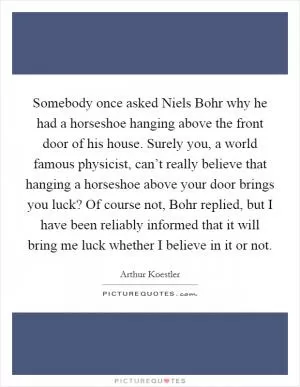

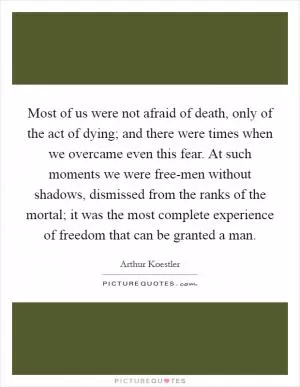
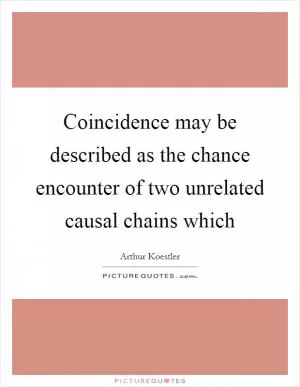
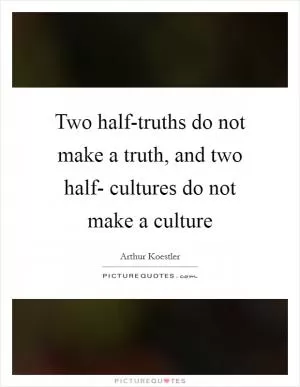
 Friendship Quotes
Friendship Quotes Love Quotes
Love Quotes Life Quotes
Life Quotes Funny Quotes
Funny Quotes Motivational Quotes
Motivational Quotes Inspirational Quotes
Inspirational Quotes